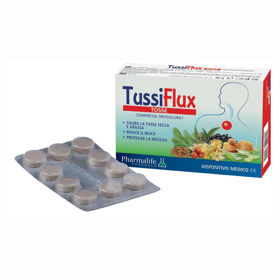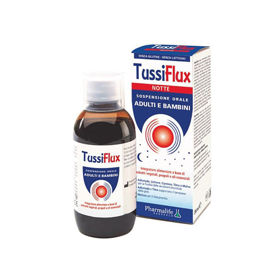Customer question:
Is whooping cough dangerous in adults? Anonymous customer's question
Pharmacist's answer:
Although whooping cough infection is not life-threatening for most adults, it can cause severe complications and poses a risk of spreading the infection to more vulnerable groups, such as newborns, infants, and people with weak immune systems.
Adults who get whooping cough often experience similar symptoms to children, but they can be harder to recognize and more pronounced. Typical symptoms of whooping cough include a paroxysmal cough that can be so intense that it causes vomiting, shortness of breath, or a blue face. Other symptoms include nasal congestion, sneezing, runny nose, fever, and general malaise.
Although whooping cough is not usually life-threatening in adults, it can cause serious complications, especially in older people or people with weakened immune systems. Possible complications include pneumonia, loss of consciousness, convulsions, rupture of the lung or brain, and heart problems. In addition, whooping cough can be particularly dangerous for pregnant women, as it can cause premature birth or low birth weight in the newborn.
It is also important to note that adults who contract whooping cough often risk spreading the infection to others, especially infants and children who have not yet been vaccinated or have not developed complete immunity. Therefore, adults who show signs of whooping cough must consult a doctor and follow the instructions to prevent the spread of the infection.
The best way to prevent whooping cough is vaccination. The pertussis vaccine is part of the compulsory vaccination in many countries and is usually given in combination with the diphtheria and tetanus vaccines (TDaP vaccine). The vaccine offers protection against infection and may reduce the severity of symptoms in those who become infected despite vaccination.
How common is whooping cough in adults?
Whooping cough is less common in adults than in children, but it can still occur. The incidence rate of pertussis in adults can vary depending on several factors, including the epidemiological situation in a particular area, the level of vaccination in the community, and exposure to infection.
In some countries where the pertussis vaccine is part of compulsory vaccination or where vaccination is widely available, the incidence of pertussis in adults is often lower. The pertussis vaccine is usually given in childhood, but vaccination can be repeated in adulthood, reducing the risk of infection later in life.
However, whooping cough can occur in adults in communities with low vaccination coverage or when vaccines are unavailable or unused. In addition, adults who did not receive adequate childhood vaccinations or did not develop complete immunity may remain susceptible to infection in adulthood.
The incidence of pertussis in adults may increase during periods of community outbreaks or when exposure to infection is greater, such as travel to regions with low vaccination rates or contact with people infected with this pathogen.
Because the symptoms of whooping cough in adults can vary and may be less specific than in children, many cases may go unrecognized or be mistaken for other respiratory diseases.
Although whooping cough is not as common in adults as it is in children, it can still occur and poses a risk of serious complications. Regular vaccination and adherence to hygiene measures can help reduce the risk of contracting this disease.
Are the symptoms of whooping cough in adults the same as in children?
The symptoms of whooping cough in adults are similar to those in children, but they may appear slightly differently or be less pronounced in adults.
Critical symptoms of whooping cough in adults include:
- Paroxysmal cough: An intense paroxysmal cough is the main symptom of whooping cough in all age groups, including adults. This cough is often continuous; attacks can be triggered by everyday activities or breathing.
- General malaise: Adults with whooping cough may feel run down, tired, or have general body aches.
- Difficulty breathing: An intense cough can cause breathing problems or shortness of breath.
- Sneezing and runny nose: Some adults with whooping cough may experience sneezing, stuffy nose, and runny nose.
- Vomiting or difficulty eating: An intense cough may induce vomiting or cause feeding difficulties.
Although the symptoms of whooping cough in adults are similar to those in children, they may appear slightly differently or be less pronounced in adults. Adults may also have a more remarkable ability to control their cough and may be aware of how to reduce the intensity of their coughing fits. It is also important to note that in some adults, whooping cough symptoms may go undetected or be mistaken for other respiratory illnesses, so it is essential to consult a doctor if you notice unusual or persistent symptoms.
Interesting reading: Pertussis in the elderly











